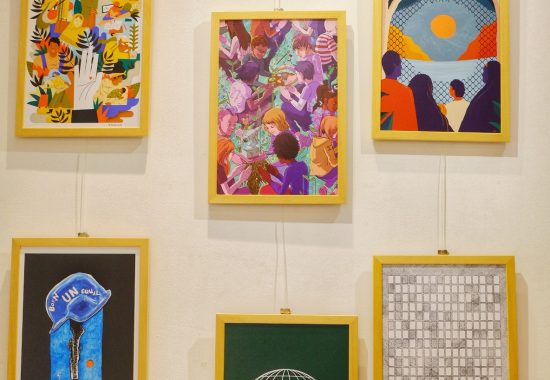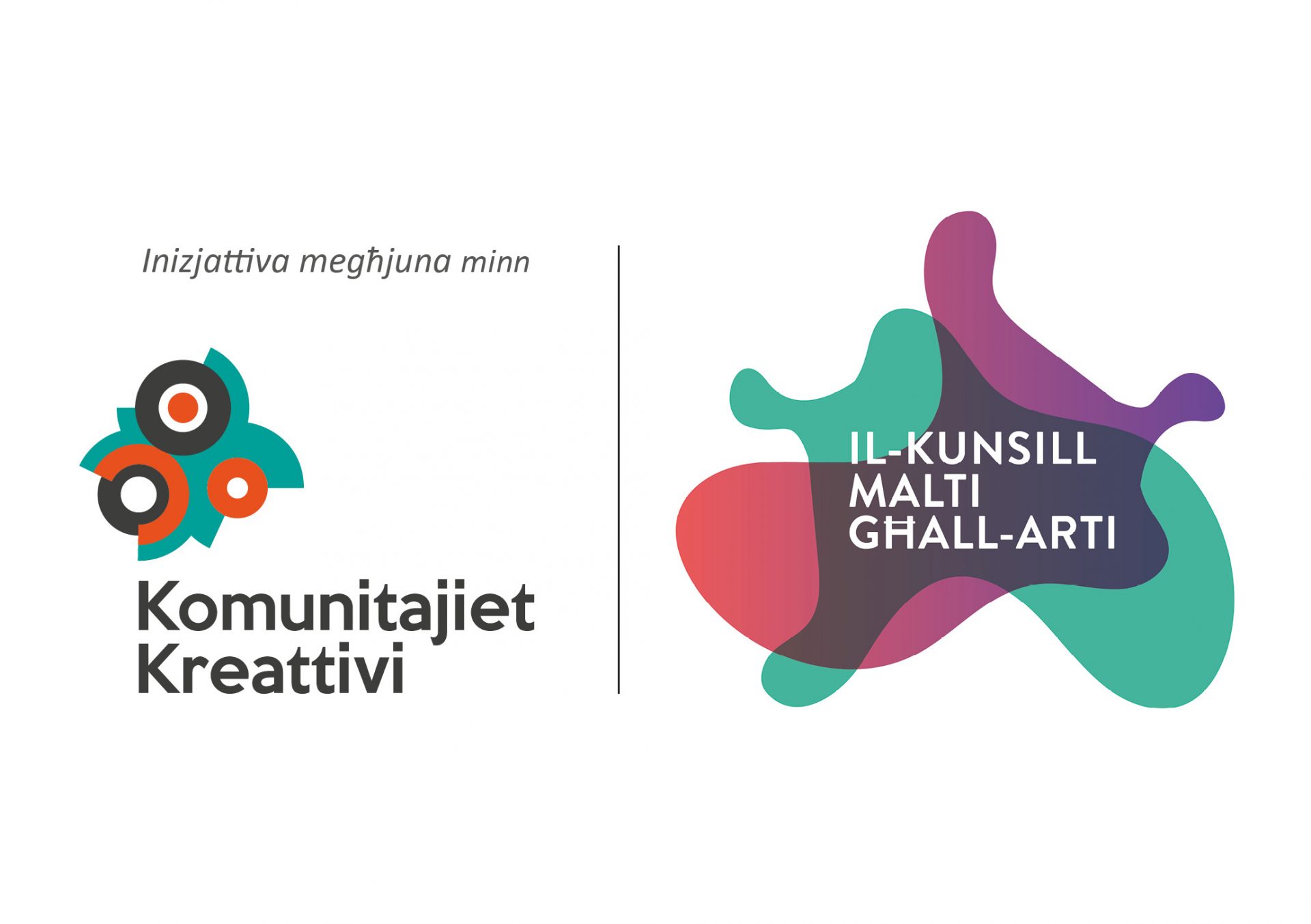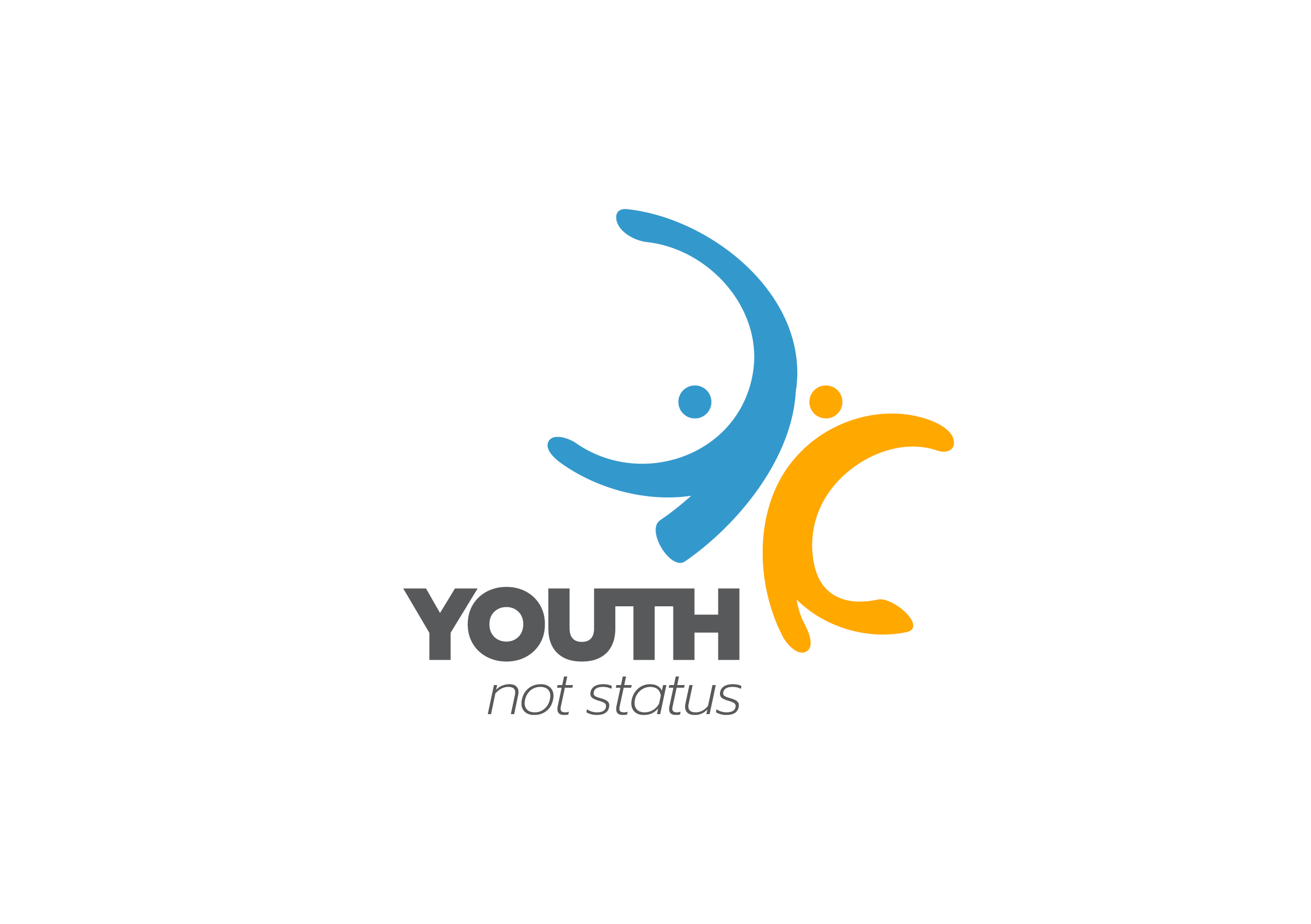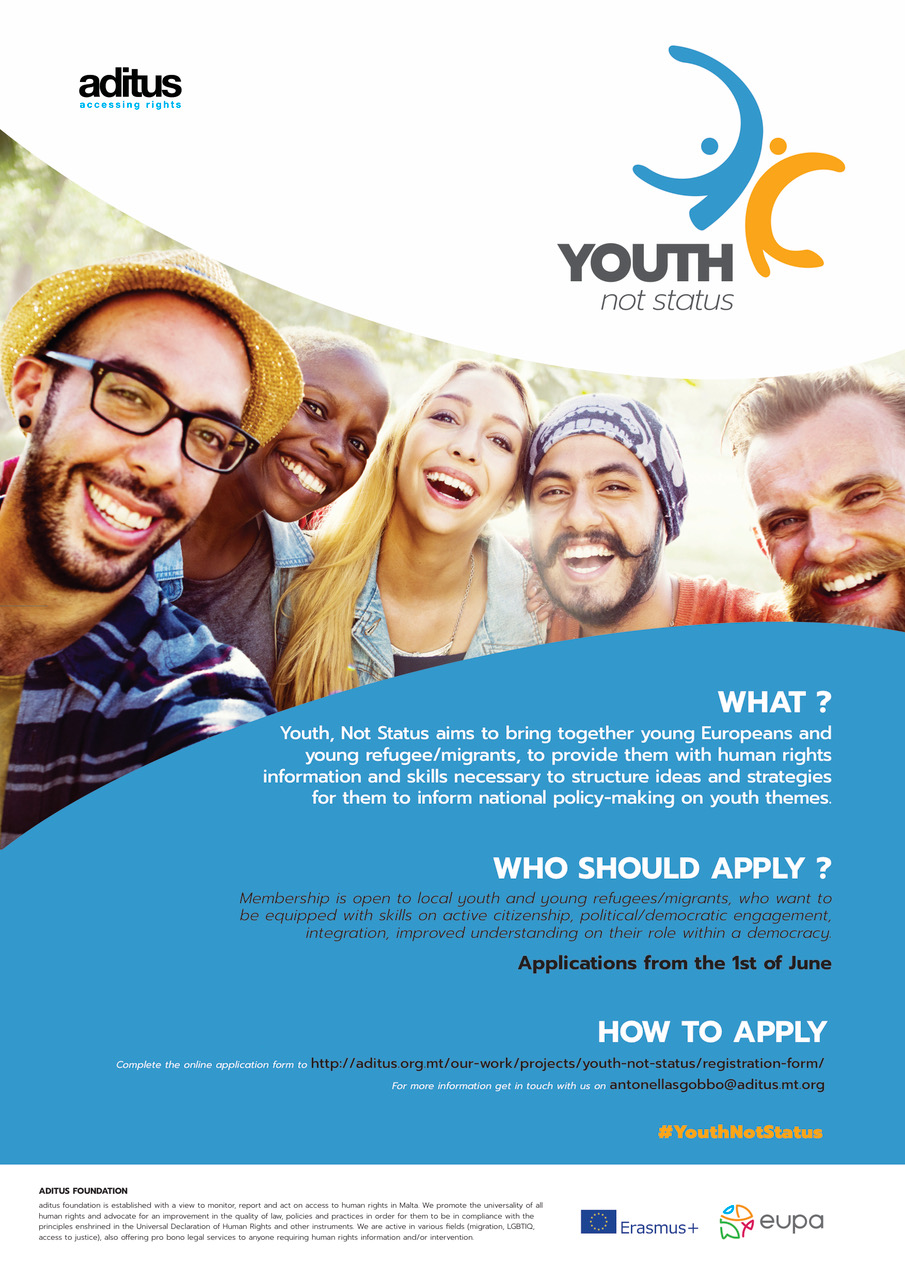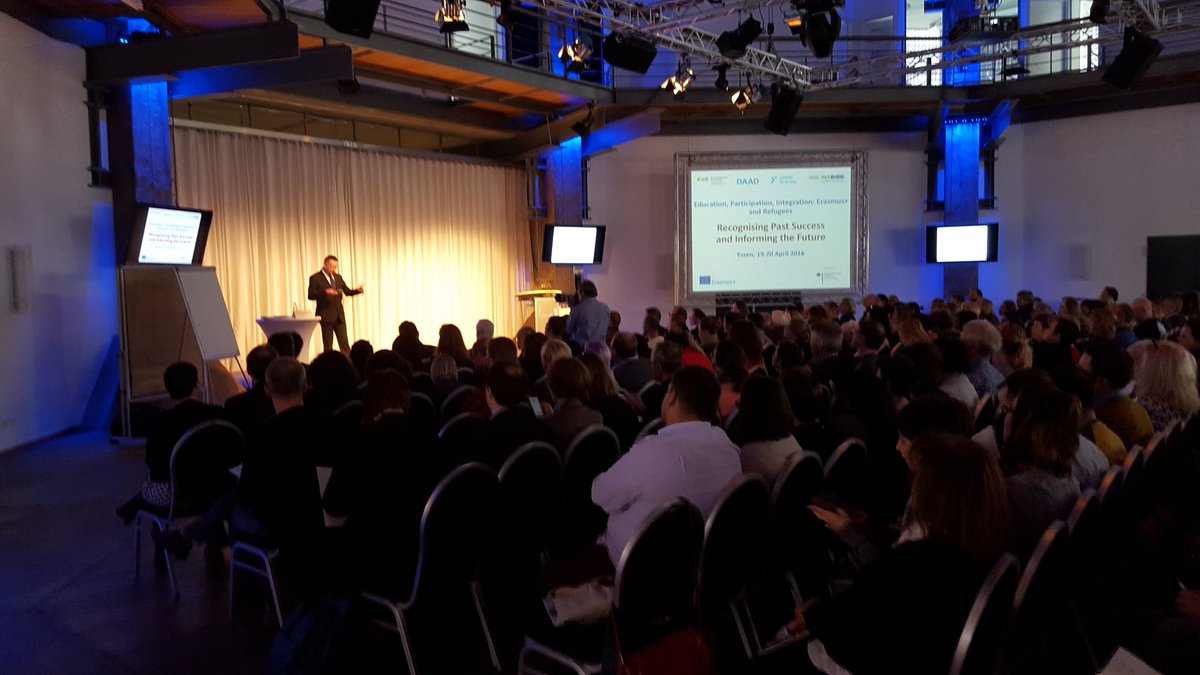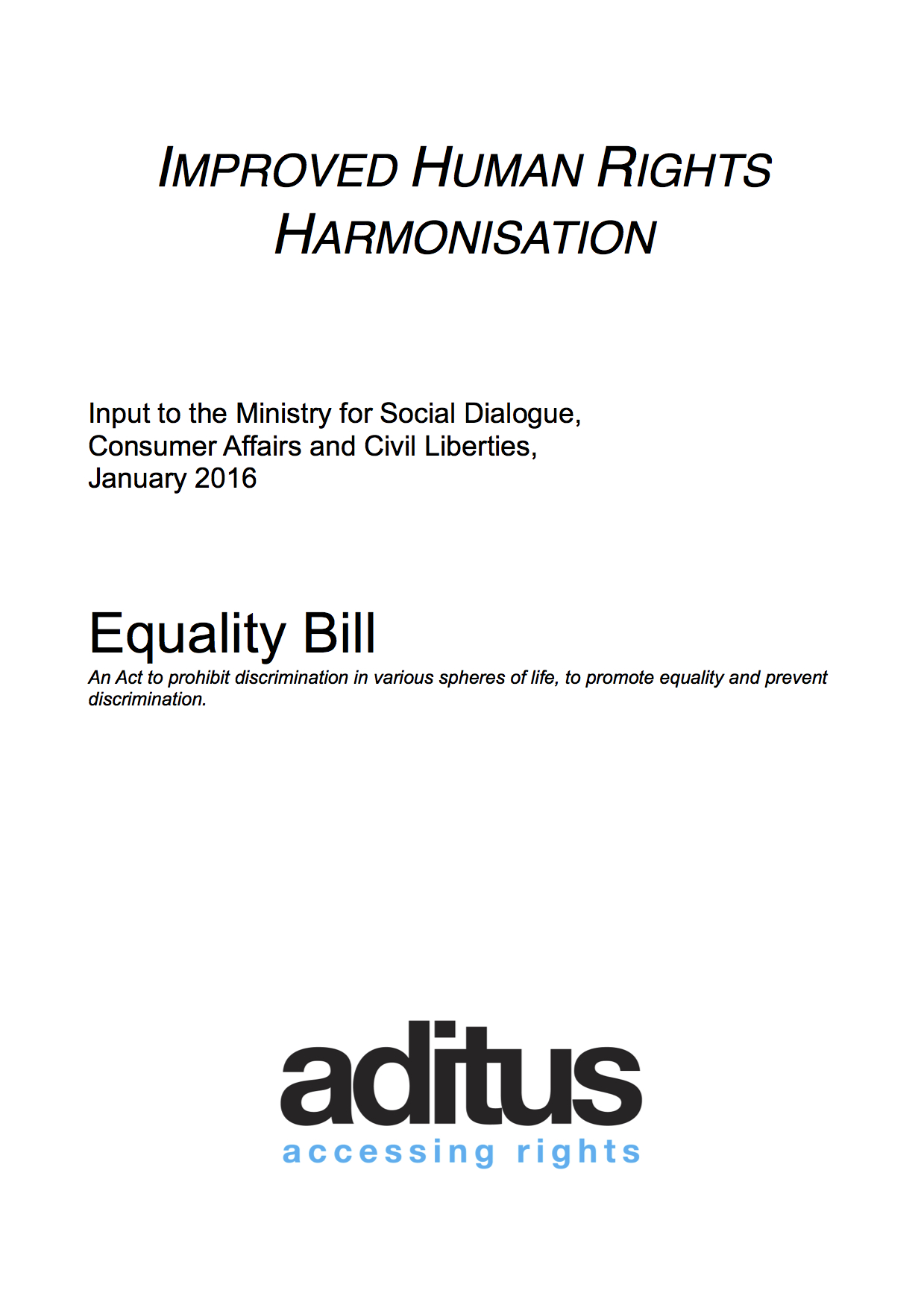In ‘Larger Than Life!’ we commissioned 6 human rights posters from established local artists: Ed Dingli, Sarah Maria Scicluna, Magda Azab, Seb Tanti Burló, Luke Caruana, Daniela Attard. Our idea was to produce posters unlike our usual NGO poster. Instead, we wanted stunning artworks that happen to be posters grappling with a human rights theme.
PURCHASE YOUR POSTER:
These posters are now available for sale, with proceeds going towards our human rights work. The artworks come in 2 sizes and are perfect for filling up your home or office space!
- Limited edition of 3: 1m x 0.7m, printed on FineArt Baryta paper (350gsm) @ €250
- Limited edition of 25: A3, mounted on foamboard @ €25.
If you are interested in the artworks for your home or office, get in touch.
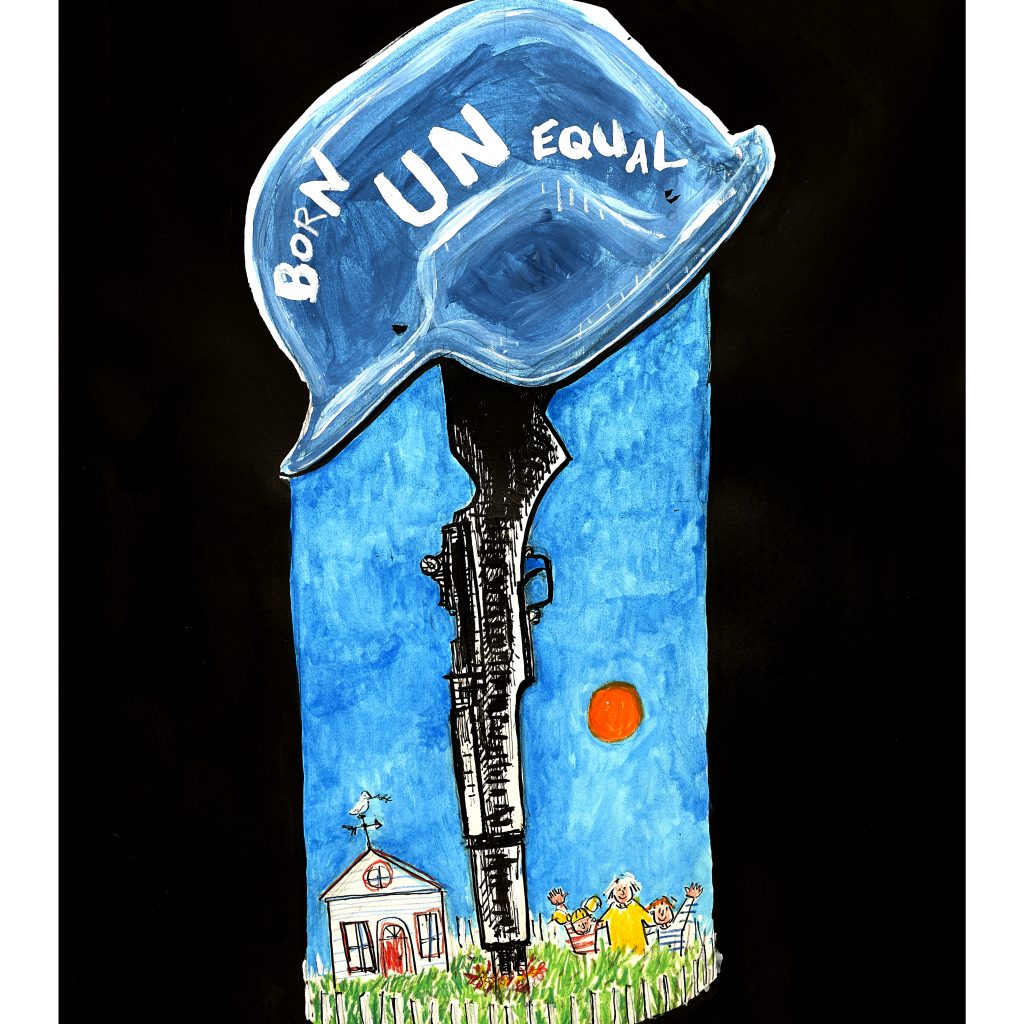
Born UN/equal
Seb Tanti Burló
“Article 1 – All human beings are born free and equal in dignity and rights. They are endowed with reason and conscience and should act towards one another in a spirit of brotherhood.”
This article sets the tone for the United Nations Declaration of Human Rights. It’s a nice boomer belief, but seventy years later it is very, very, very far from our reality. Just look around you.
Born UN/equal is a riff off of Philip Castle’s famous poster design for Stanley Kubrick’s film Full Metal Jacket.
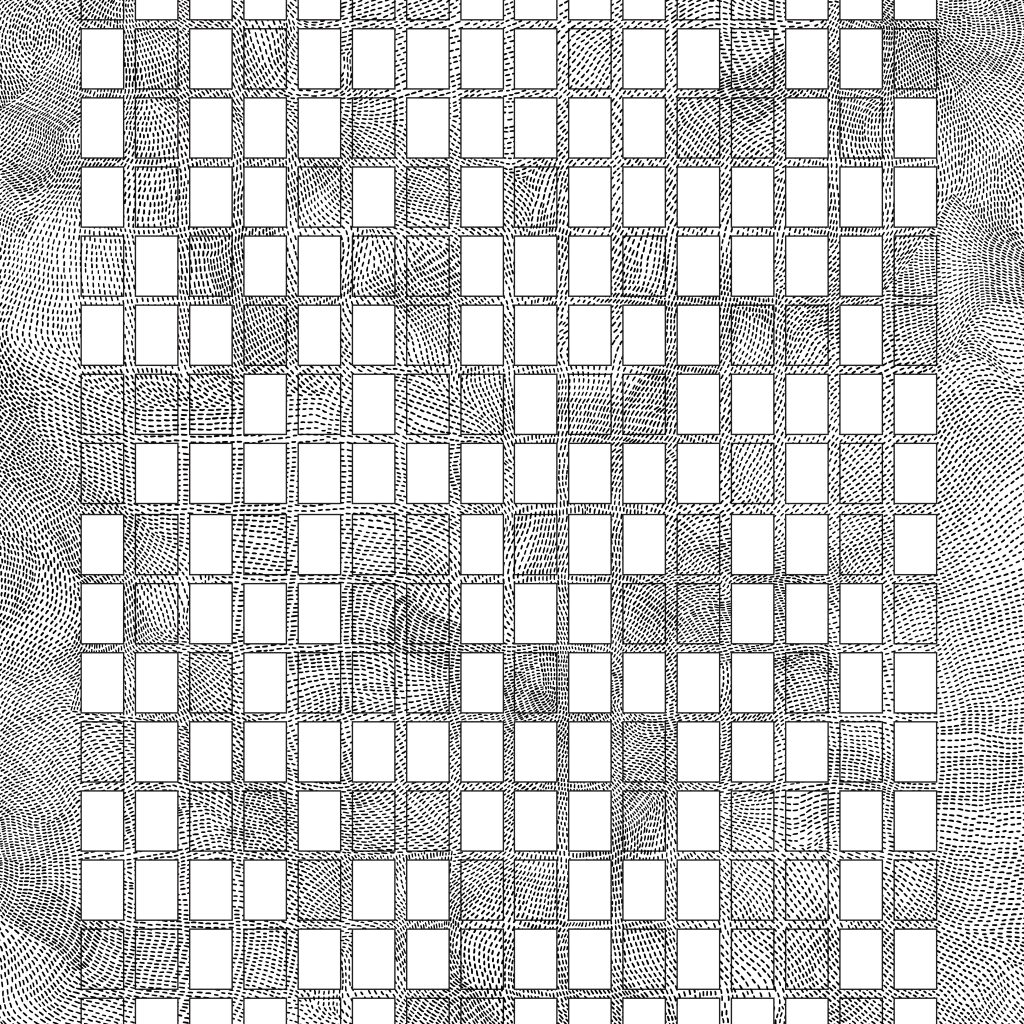
Remembrance
Sarah Maria Scicluna
This work is a memorial for all those who lost their lives crossing the Mediterranean Sea, in support of all those who have lost family and friends in such tragedies. While newspapers and official reports mostly focus on statistics of lost lives, many times the people left grieving are forgotten and left without a place for mourning.
This work is done line-by-line in a very repetitive manner, which is representative of both the surface of the sea and the ever-rising tally numbers.
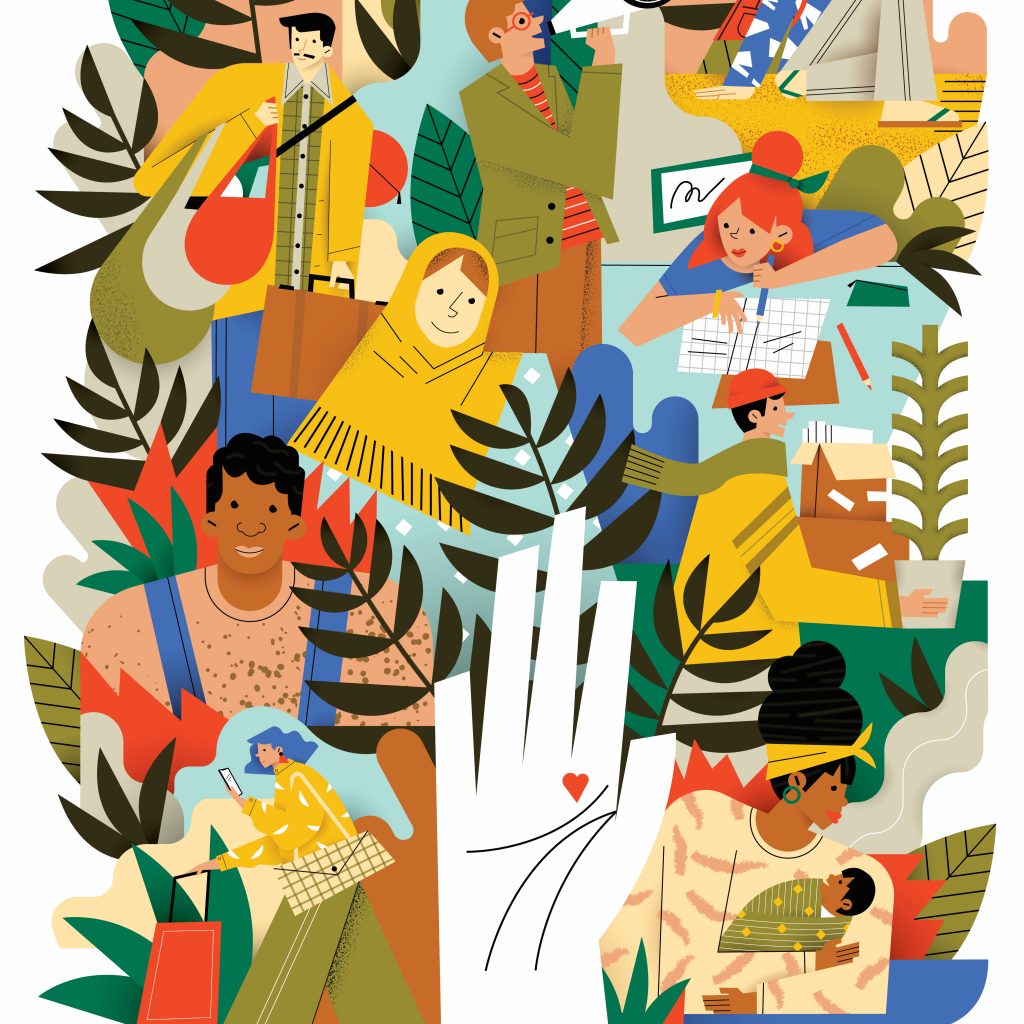
Architects of our destiny
Magda Azab
Despite close to 100 years having passed since the adoption of the Universal Declaration of Human Rights, rights that seem obvious to me are unfortunately not always guaranteed for everyone in this world.
Wondering which aspects to highlight, I decided to represent what I think they all have in common and make them fundamental, namely to guarantee us the possibility of being architects of our destiny and none of us should be denied that. We are all human beings worthy of happiness and justice regardless of where we’re born, of our cultures, customs, lifestyles or religions.
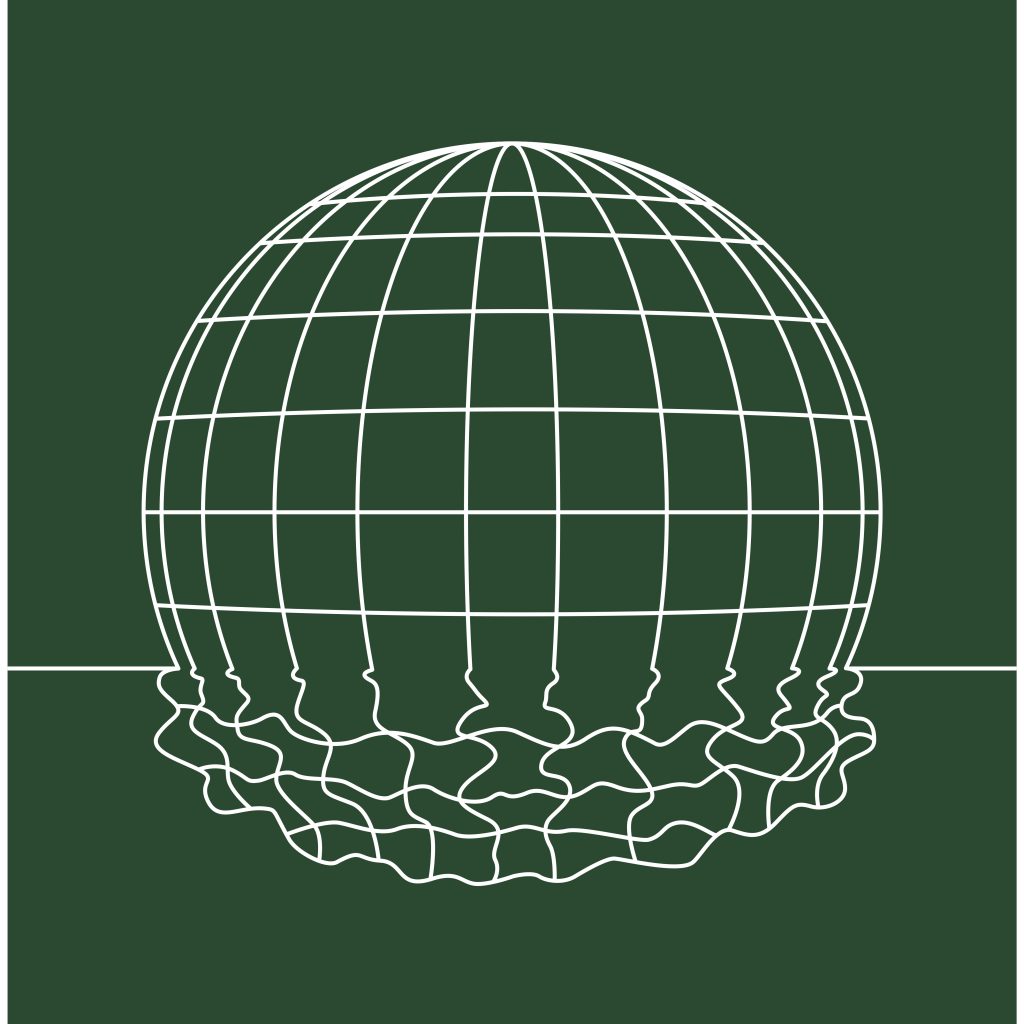
Global Injustice
Luke Caruana
The wealthiest and most developed countries in the world are largely to blame for the cataclysmic effects of climate change. However, as we have already seen, these countries are not the ones that will suffer the most from these drastic weather changes. It is the impoverished countries that are facing the gravest consequences. Ecological disasters and poor harvests are increasing inequality and political instability.
The melting globe interprets the climate injustice we are experiencing as the rich (Global North) are able to buy their way out of the climate crisis while the poor (Global South) are forgotten.
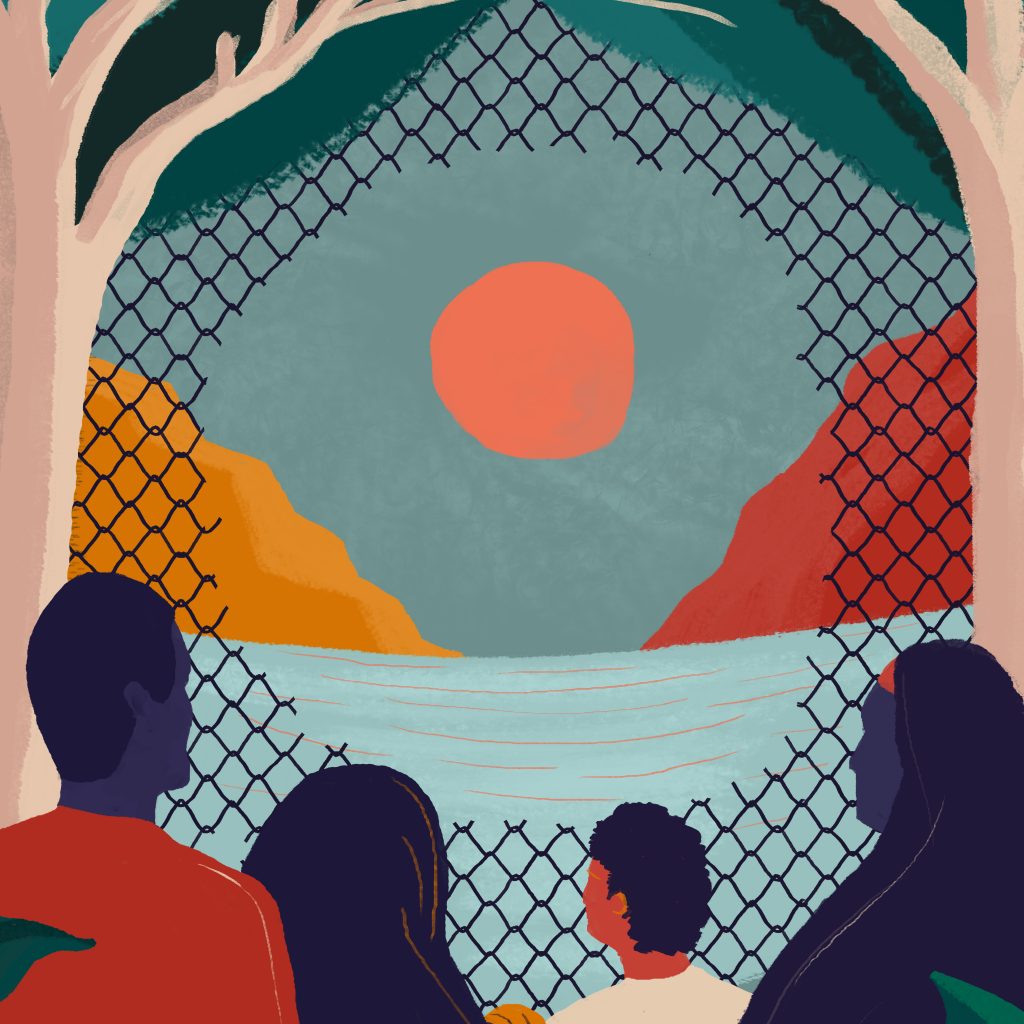
The Promised Land
Ed Dingli
Entire lives left behind. Moments, memories, families, friends left behind. There is no choice except to make the journey to the promised land. We can see it so clearly now, on the horizon. The human rights declaration a beacon of hope, our moral compass by which the ship should sail. Except, between us and safety, a few more obstacles to overcome. The sea, in all its power and unpredictability, the coast guards, whose side will they be on?
And the locals, our new neighbours, will they welcome us? Will they understand our ways, our language, our culture? Hopefully they will understand that all we want, is to be safe.
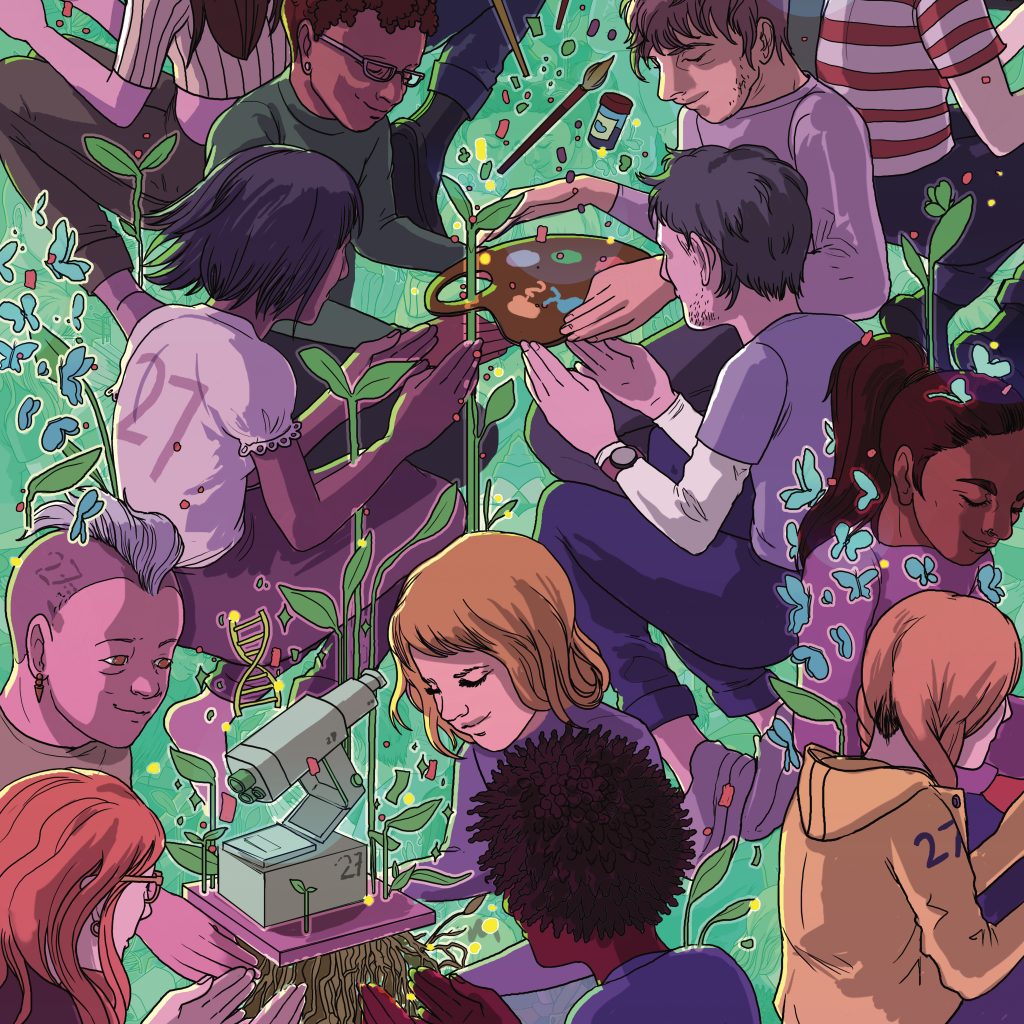
27
Daniela Attard
Article 27 of the Universal Declaration of Human Rights states that “everyone has the right freely to participate in the cultural life of the community, to enjoy the arts and to share in scientific advancement and its benefits.”
In this digital piece we explore visually the interconnectivity of the arts, culture and sciences and their ability to grow and flourish in any community. That is, given that anyone and everyone is allowed to participate and contribute.
With the support of:

